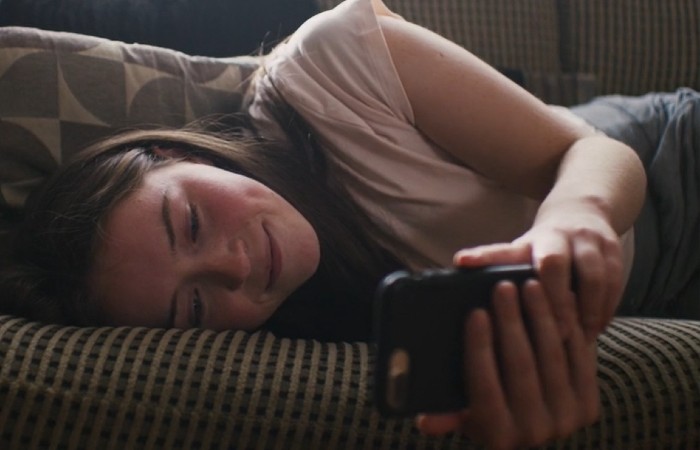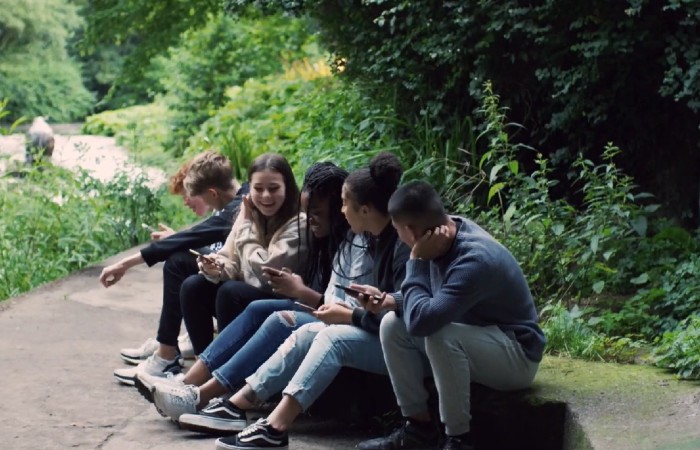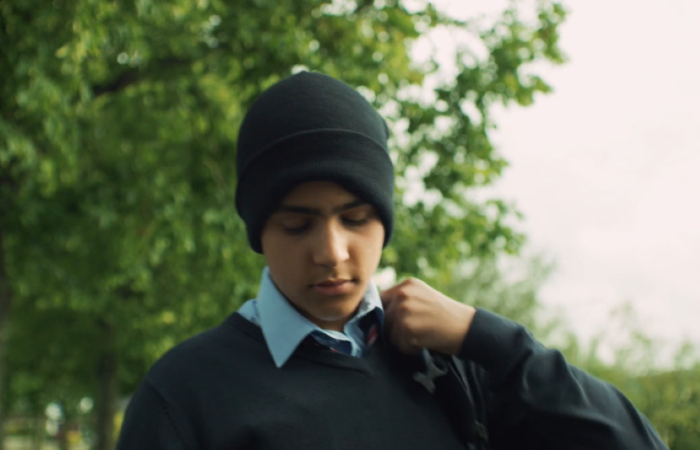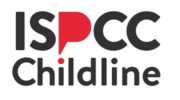Be Kind Online
Technology and the internet provide many benefits which allow the opportunity to connect, create, learn and be entertained. During the Covid-19 pandemic it allowed us to stay in touch people, to learn, work, and understand the world around us. For most people, being online is a positive and useful experience.
But with technology being such a prominent part of everyday life, it has never been more important to recognise the impact that our behaviour can have on others, and how the interactions we have with others online can influence our own self-esteem and wellbeing.
This year for Safer Internet Day 2021, #BeKindOnline highlights the importance of respectful online communication, to foster a sense of care and empathy for others, and to encourage people to manage their online wellbeing.
Why not get involved in the conversation, and show what you would do to #BeKindOnline!
Here are some useful resources and advice to help get started.
Managing Online Wellbeing
Our overall wellbeing is based on the emotional and physical experiences that we have. This is called our ‘digital or online wellbeing’, and is essentially about being aware of how being online can make us feel, and making sure that we look after ourselves and other people.


Respectful Online Communication
For most of us online connections have transformed our daily lives, opening up a world of amazing opportunities. However, no matter who we are or where we are, we are all digital citizens, and how we act can have a big influence on everyone else.
Be an upstander not a bystander
Online harassment or cyberbullying can happen to anyone, but with just a few simple steps, we can all play role in protecting each other.
This type of bullying can take many forms from hurtful and inappropriate messages on social media or other online platforms, to intimidation, impersonation, or even exclusion on group messaging apps.

Connected
Based on real life experiences, Connected is a short film exploring how young people communicate and connect online. The film encourages young people to reflect on why their actions matter and the impact it can have on others. We shape the internet everyday with our interactions. You can play a part in creating a better, connected online world.
The Full Picture
The Full Picture is a short film exploring how young people use social media to connect and share. The film highlights the influences and pressures young people face online and encourages them to see the full picture. Social media helps us share our lives but it does not tell the whole story. The campaign encourages young people to be mindful of what influences them and how they respond to pressures online.
Get Help

Childline is a support service for young people up to the age of 18. There is a 24hr telephone, online and mobile phone texting service.
Know where to get help. There are many organisations who provide a range of supports and advice.





